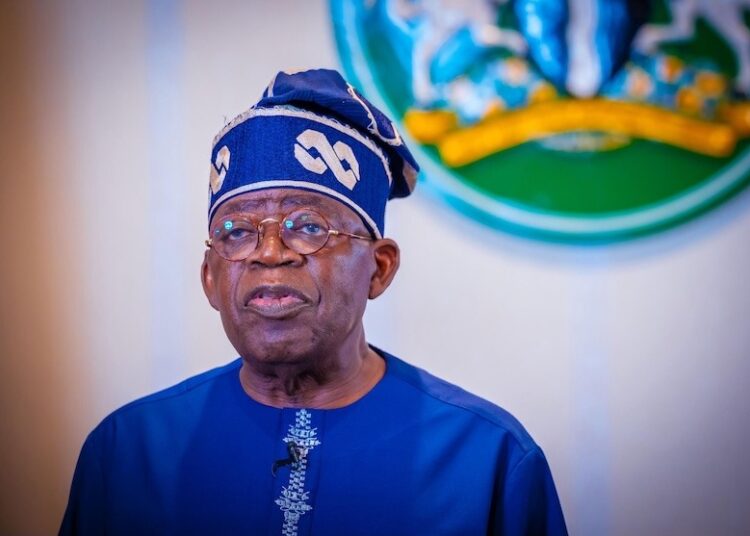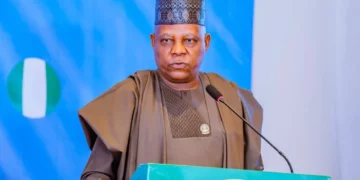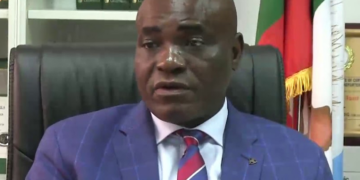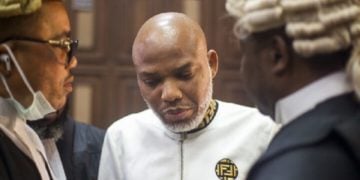The Hope Alive Initiative has commended President Bola Tinubu’s economic reforms, describing them as the driving force behind Nigeria’s recent strong economic performance.
In a statement issued to journalists yesterday in Abuja by its director of Press, Ernest Omoarelojie, the group said recent data from the National Bureau of Statistics (NBS)—which shows a year-on-year GDP growth of 4.23 per cent in the second quarter of 2025—confirms that the administration’s reforms are yielding tangible results.
He said before President Tinubu assumed office in May 2023, the economy was in dire straits—crippled by unsustainable fuel subsidies, a distorted foreign exchange regime, dwindling external reserves, and low investor confidence.
According to him, “Nigeria is not just recovering—it is rising.
“The economy was on the brink, with poverty levels deepening and the fiscal space for growth almost completely eroded,” the group said.
It added that bold policy measures—including the removal of the petrol subsidy, unification of the foreign exchange market, fiscal consolidation, and targeted social interventions—have begun to turn the tide.
Among the notable gains highlighted were: “GDP growth: 4.23% in Q2 2025, compared to 3.48% in Q2 2024, External reserves: Now at $42 billion, boosting investor confidence and stabilising the Naira.
“Inflation: Six consecutive months of decline, with projections for single-digit levels by 2026, Agriculture: 2.82% growth, supported by mechanisation and the National Agricultural Development Fund.
“Industry: 7.45% expansion, reflecting renewed manufacturing and mining activity, Trade: Manufactured exports up 173% in Q2 2025, with a 44.3% rise in trade surplus.
“Infrastructure: Ongoing construction of 13 major roads, the Lagos-Calabar Coastal Highway, and the $3.02 billion Port Harcourt–Maiduguri Rail Line, Social protection: Over N330 billion disbursed to 8.1 million households, and more than N80 billion in education loans to 400,000 students.”
The group said Nigeria’s aggregate GDP—now at N100.73 trillion, up from N84.48 trillion the previous year—reflects “a tectonic shift towards a more diversified and sustainable economy.”





